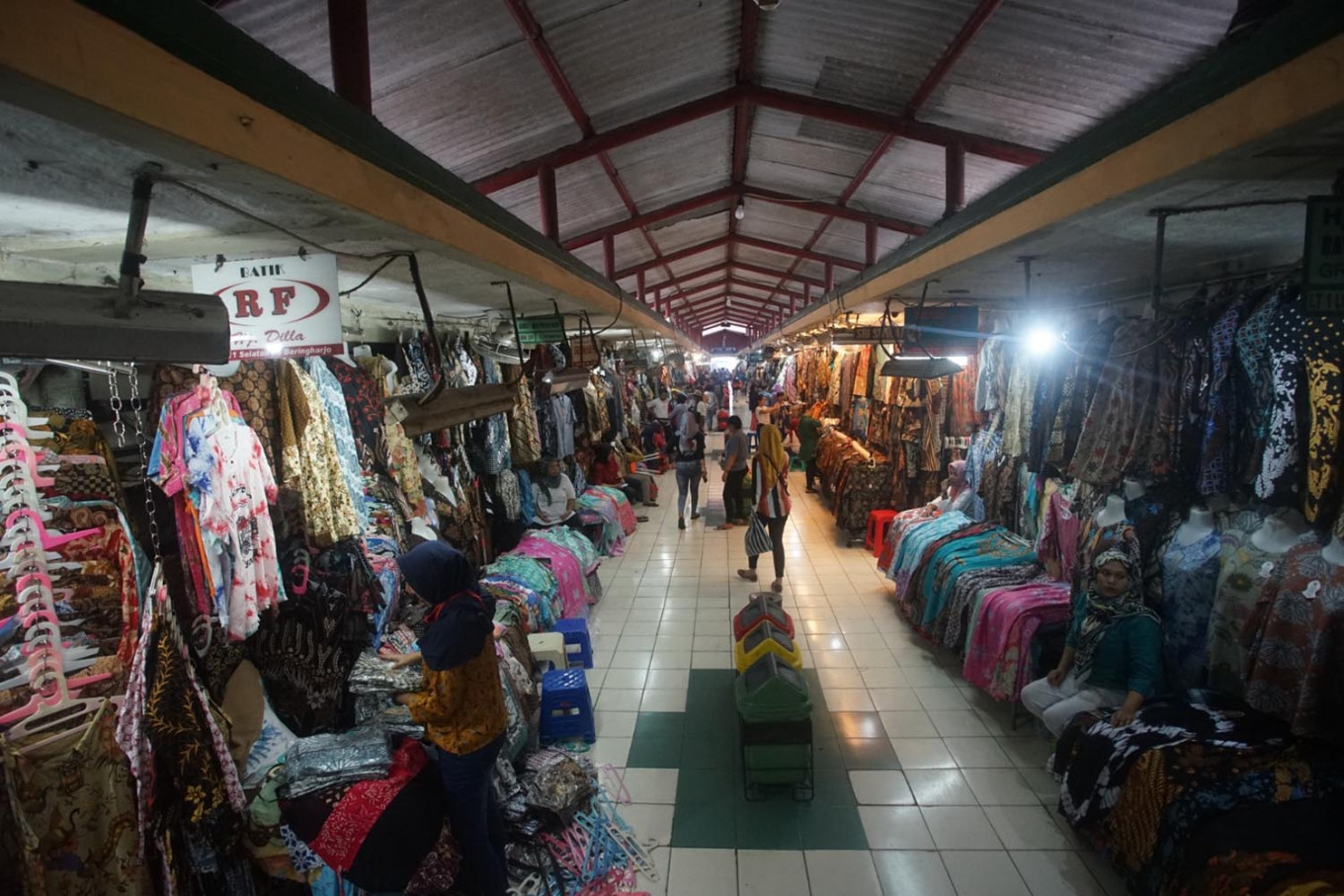Popular Reads
Top Results
Can't find what you're looking for?
View all search resultsPopular Reads
Top Results
Can't find what you're looking for?
View all search resultsIndonesia’s budget to fight COVID-19: What we know so far
The Jakarta Post has compiled a list of funds allocated by the government for medical needs, workers, households and businesses to cope with COVID-19, based on information from the Office of the Coordinating Economic Minister and the Finance Ministry as of March 30.
Change text size
Gift Premium Articles
to Anyone
T
he government is finalizing a new state budget designed to battle the health and economic aspects of the COVID-19 pandemic, including widening the state budget deficit to beyond its legal limit of 3 percent of gross domestic product (GDP).
President Joko “Jokowi” Widodo has rallied ministers and regional administrations to refocus their budgets on health care, the disbursement of social funds and economic stimuli to cope with COVID-19.
“Actually, from the total spending, which is currently estimated at Rp 2.5 quadrillion, we can afford it, but if there are so many changes we need to adjust accordingly,” Finance Minister Sri Mulyani said on March 20.
“To reprioritize for the handling of COVID-19, we are continuously exercising options so that on the one hand our state budget can respond quickly but without deliberately creating a credibility crisis for our own state budget.
President Jokowi has revealed that the government and the House of Representatives are in talks to raise Indonesia’s budget deficit cap to finance more needs to fight COVID-19, which has never exceeded its self-imposed limit of 3 percent of GDP.
On March 23, the chairman of the House budget committee (Banggar), Said Abdullah, said the government should raise the budget deficit ceiling to 5 percent of GDP, meaning that Indonesia’s state budget could be increased by hundreds of trillions more rupiah.
So far, the government has prepared a total of Rp 158.2 trillion (US$9.77 billion) to finance the healthcare sector, safeguard individuals, workers and businesses affected by the COVID-19 pandemic. This includes the first and second stimulus packages worth Rp 10.3 trillion and Rp 22.9 trillion, respectively.
The Jakarta Post has compiled a list of funds allocated by the government for medical needs, workers, households and businesses to cope with COVID-19 based on information from the Office of the Coordinating Economic Minister and the Finance Ministry as of March 30.
The government has issued regulations to support these spending plans for related ministries, government agencies and local governments. The regulations include Presidential Instruction No. 4/2020 on refocusing activities, budget reallocation and procurement to speed up the handling of COVID-19.
The Finance Ministry went as far as issuing technical guidance to speed up budget proposals, on top of many other finance ministerial regulations to accommodate the change in government spending.
“The government may need far more funds to counter rising rates of infection and the virus’ economic impact on workers,” said Bank Permata economist Josua Pardede. “With the planned stimulus, combined with the 2.5 percent budget deficit projection, the government still has room for Rp 52 trillion to Rp 69 trillion if they need to take more drastic measures.”
Bahana Sekuritas economist Satria Sambijantoro estimated that if the government allowed its budget deficit to widen to 3.5 percent of GDP, spending could be increased by around Rp 334 trillion.
“[…] even after accounting for zero growth in state revenues, which we view as quite sufficient to cushion the economy from the COVID-19 outbreak,” Satria said.










